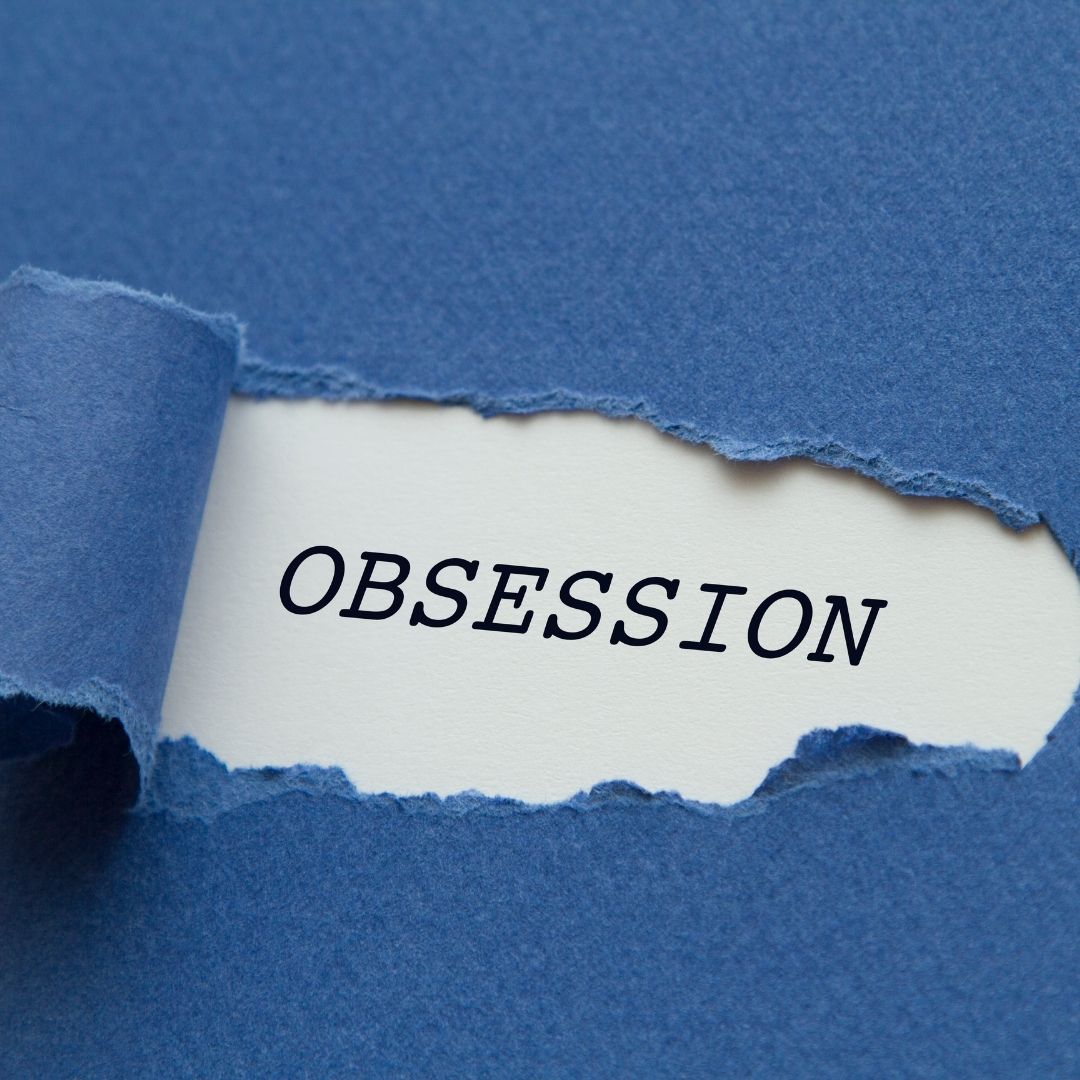Understanding the Triangle of Self-Obsession
If you or someone you know is struggling with addiction, anxiety, or depression, you’ve likely encountered destructive thought patterns that make recovery feel impossible. One of the most common and toxic mental cycles is the triangle of self-obsession—a concept that explains why individuals trapped in addiction often experience fear, resentment, and anger in a vicious loop.
At its core, the triangle of self-obsession consists of three emotions:
- Resentment – Feeling bitter about past experiences, failures, or how others have treated you.
- Anger – Reacting negatively to situations or people, often out of frustration or perceived injustice.
- Fear – Anxiety about the future, the unknown, or the consequences of past actions.
This triangle creates an endless cycle that fuels addiction, mental health struggles, and self-destructive behaviors. But the good news? You can break free.

How the Triangle of Self-Obsession Fuels Addiction
Resentment: The Weight of the Past
Resentment is often the first step in the triangle of self-obsession because it keeps people stuck in past pain. Whether it’s resentment toward family, friends, or society, holding onto these emotions can create a barrier to healing. In addiction, resentment manifests as blaming others for personal struggles, leading to further substance abuse as a way to cope.
Anger: The Emotional Outburst
Anger is the second side of the triangle, feeding off resentment. When someone struggling with addiction or mental health issues feels they’ve been wronged, it’s easy to lash out. This can cause problems in relationships, at work, and within oneself. Without intervention, anger can drive a person deeper into destructive habits like substance abuse or self-isolation.
Fear: The Anxiety That Never Ends
The final piece of the triangle of self-obsession is fear—the what-ifs, the uncertainties, the paralyzing anxiety about life. Fear keeps individuals in addiction because they believe recovery is too hard, too painful, or even impossible. It also fuels depression and anxiety, preventing personal growth and healing.
Breaking the Cycle: Steps to Freedom
1. Recognizing the Triangle
The first step to breaking free is recognizing the triangle of self-obsession in your own thoughts and behaviors. Are you holding onto resentment? Do you often feel consumed by anger? Are your fears dictating your choices? Identifying these emotions is key to change.
2. Seeking Professional Help
Therapy and addiction treatment programs can provide the tools needed to escape this destructive cycle. At Ridgeline Recovery, we offer personalized treatment plans that focus on both addiction recovery and mental health support.
3. Addiction Recovery Programs
Programs like Addiction Recovery help individuals develop coping skills to deal with resentment, anger, and fear. Through therapy, peer support, and structured treatment, clients learn how to replace negative thought patterns with healthier perspectives.
4. Addiction Treatment for Lasting Change
At Addiction Treatment, clients receive evidence-based therapy, medical support, and holistic healing techniques to address both substance abuse and mental health struggles.
5. Getting a Drug and Alcohol Assessment
A crucial first step in overcoming addiction is identifying the severity of substance abuse. A Drug and Alcohol Assessment Columbus Ohio can provide a clear picture of the treatment needed to break free from the triangle of self-obsession.

Overcoming Fear, Anger, and Resentment
Practicing Mindfulness
Mindfulness is a powerful tool in addiction and mental health recovery. By staying present and acknowledging emotions without judgment, individuals can prevent negative feelings from controlling their actions.
Building a Support Network
Surrounding yourself with positive influences—friends, family, therapists, and support groups—can make all the difference. Programs like Lifestance Health Columbus Ohio offer resources for mental health and addiction recovery.
Medication-Assisted Treatment (MAT)
For some individuals, medication-assisted treatment is essential for managing withdrawal and long-term recovery. A Methadone Clinic Columbus Ohio can provide safe and effective treatment for opioid addiction.
Trivia: Did You Know?
The triangle of self-obsession is a common concept in 12-step recovery programs like Alcoholics Anonymous and Narcotics Anonymous. Many individuals in recovery find that identifying and dismantling this triangle is one of the most life-changing aspects of their journey.
Frequently Asked Questions (FAQs)
1. How does the triangle of self-obsession relate to addiction?
The triangle fuels addiction by keeping individuals stuck in negative emotions—resentment, anger, and fear—which often lead to substance abuse as a way to cope.
2. Can therapy help break the cycle?
Yes! Therapy helps individuals identify and address these emotions, replacing them with healthier coping mechanisms. Programs like Addiction Recovery provide structured guidance.
3. What is the best first step to overcoming addiction?
A Drug and Alcohol Assessment Columbus Ohio is an excellent first step. It helps determine the level of addiction and the most effective treatment plan.
4. How does detox help with breaking the cycle?
Detox removes substances from the body, allowing individuals to think more clearly and address the emotional root causes of addiction. Learn more about Signs That Your Body Is Detoxing: What You Need to Know.
5. What role does medication play in recovery?
Medication can help manage withdrawal symptoms and cravings. A Methadone Clinic Columbus Ohio offers MAT for opioid addiction.

Take the First Step to Recovery
Breaking free from the triangle of self-obsession is possible. It starts with recognizing the cycle, seeking help, and committing to recovery. Whether you need detox, therapy, or medication-assisted treatment, Ridgeline Recovery is here to help.
Contact us today and take control of your future. You don’t have to do this alone—support is just a call away!







